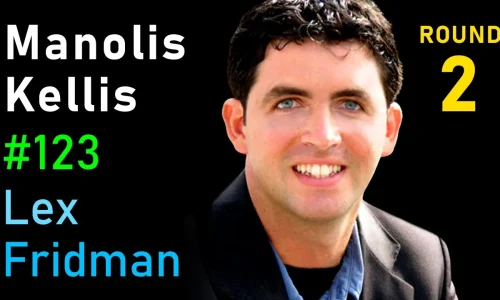See all Lex Fridman transcripts on Youtube

Manolis Kellis: Origin of Life, Humans, Ideas, Suffering, and Happiness | Lex Fridman Podcast #123
2 hours 10 minutes 52 seconds
🇬🇧 English

Omnivision Solutions Ltd
- Getting Started
- Create Transcript
- Pricing
- FAQs
- Recent Transcriptions
- Roadmap